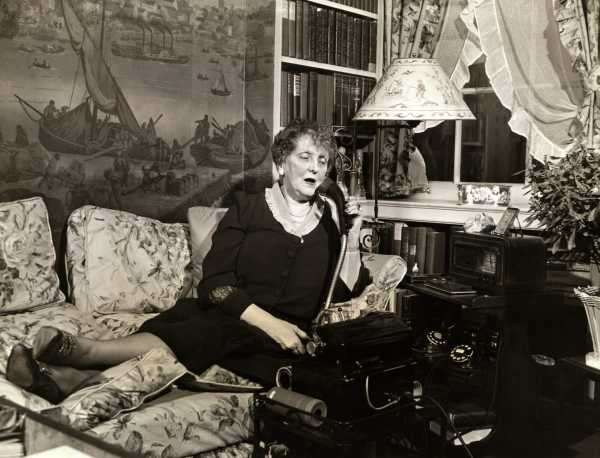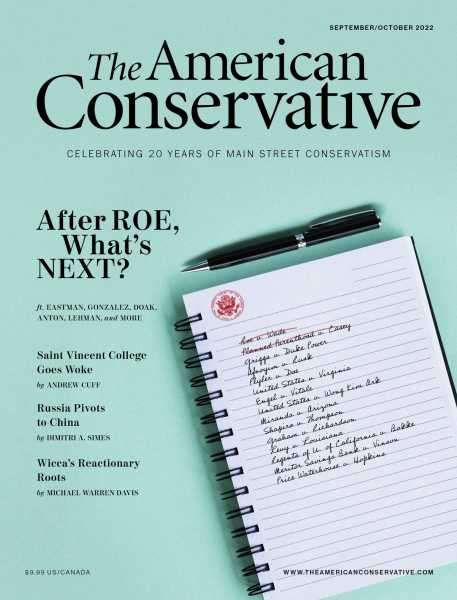
When I settle into one of my armchairs before bedtime, there are a few books that are always on my side table. I have the Yale Shakespeare and the Ignatius Bible, of course, but also Dryden’s Plutarch, Fowler’s Modern English Usage, and Emily Post’s Etiquette, the last of which I suspect many people own but few would admit to having read. And not without good reason. Etiquette is a manners manual, and it is not good manners to acknowledge that you have been schooled in the art, and it is even worse if you are self-educated. A gentleman, or, as the case may be, a lady, has no need to learn manners. He or she possesses manners by virtue of good breeding, and, as Post writes, enters society equipped with “not only perfect manners but a perfect manner.”
For those who were not blessed with good breeding, Post offers Etiquette as a remedy. Manners and manner can be improved, and in some cases perfected, she argues, but only with much effort and study: “One who has good manners is unselfconscious in the observance of etiquette, the precepts of which must be so thoroughly absorbed as to make their observance a matter of instinct rather than of conscious obedience.” The Italians call this seeming nonchalance sprezzatura. In Post’s view, the best way to achieve it is to read and reread Emily Post. Until somewhat recently, most educated people agreed. Etiquette was a bestseller upon its publication in 1922, and in the years following became synonymous with polite society. At one time its presence in a drawing room signaled a sort of middle class sophistication, and the Post family has striven to ensure that it remains the essential guidebook to Best Society.

This article appears in the September/October 2022 issue
Subscribe Now Advertisement
Sourse: theamericanconservative.com






